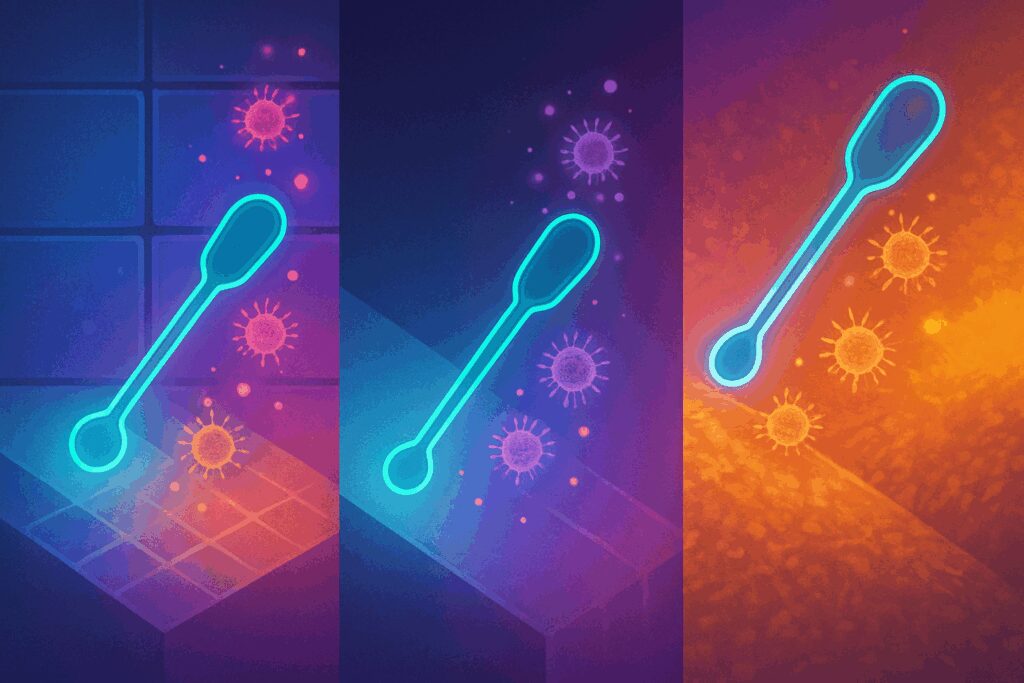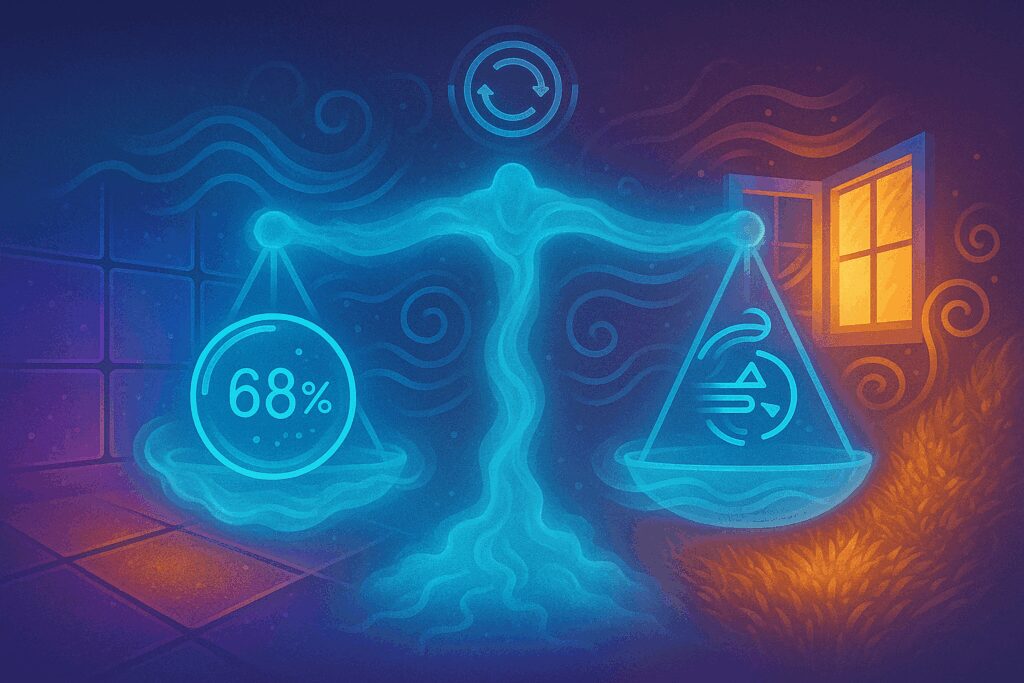Let’s say you’ve decided to get a mold assessment—but now you’re wondering, What actually happens when the team shows up? Are they just going to take a quick look around? Use gadgets? Tear into walls?
Relax—we’ve got you.
A professional mold assessment is a precise, non-invasive process designed to give you real answers about what’s floating in your air and what’s growing where it shouldn’t be. Whether you’re a homeowner, buyer, seller, or property manager, knowing what to expect will help you feel confident and prepared.
Here’s a walkthrough of what typically happens during a mold assessment with EnviroPro 360.
The Initial Consultation and Walkthrough

The process begins with a conversation. We’ll ask questions like:
- Have there been any leaks, floods, or humidity issues?
- Have you noticed any odors or health symptoms?
- Are there specific areas of concern?
Then, we’ll perform a visual walkthrough of your property. We’re not just looking for visible mold—we’re checking for patterns: signs of moisture, ventilation issues, water stains, or areas that tend to trap humidity like bathrooms, crawlspaces, and HVAC closets.
This is where the groundwork for testing begins.
Moisture Mapping and Thermal Imaging

Even if mold isn’t visible, it can thrive anywhere there’s excess moisture. That’s why we use tools like:
- Moisture meters: These detect elevated water content in walls, floors, and ceilings—without cutting anything open.
- Thermal imaging cameras: These help us spot temperature differences that may indicate hidden moisture behind walls, under floors, or above ceilings.
This tech allows us to find where mold might be hiding before we even take a sample.
Air Sampling (This Is Where the Truth Comes Out)

One of the most important steps in a mold assessment is air testing. Even if mold is invisible to the eye (or hiding behind walls), it still releases spores into the air—and those spores can be measured.
Here’s how it works:
- We collect air samples from various rooms, typically including at least one from outside to serve as a baseline.
- Each sample is collected using specialized pumps and cassettes designed to capture airborne particles.
- Samples are labeled, sealed, and sent to an accredited laboratory for analysis.
The lab checks for spore types, concentrations, and compares indoor levels to the outdoor baseline. This tells us whether your indoor air has elevated mold levels—even if there’s no visible mold.
Surface Sampling (If Needed)

If we find visible mold or suspect microbial growth on a surface, we may perform:
- Swab samples: Used for smaller or irregular areas
- Tape lift samples: Pressed gently on flat surfaces
These samples also go to the lab for analysis, helping determine mold species and whether it’s active or dormant.
This step is especially helpful in confirming if discoloration is truly mold or just cosmetic (like old water stains or dirt).
Humidity and Ventilation Assessment

Mold loves humidity. In fact, indoor humidity above 60% can be enough to support mold growth. We use hygrometers to assess the relative humidity in your space and check for poor airflow or closed-off zones—like closets or storage areas—that may trap moisture.
We also look at:
- Vent fan functionality
- Window condensation
- Air conditioning settings
- Attic or crawlspace ventilation
Knowing where the moisture is coming from is key to preventing future mold issues.
Lab Testing and Report Compilation

Once all samples are collected and data is gathered, we send everything to a certified lab. The lab tests for:
- Mold types (including harmful species like Stachybotrys or Aspergillus)
- Spore counts per cubic meter of air
- Comparisons to safe or typical levels
This process takes a few business days—but it’s worth it for the accuracy.
The Final Report and Recommendations
After the lab results come in, we compile everything into a detailed, easy-to-understand report, which includes:

- Identified mold types and concentrations
- Moisture readings and thermal images
- Risk zones and suspected sources
- Recommendations for remediation (if needed)
- Guidance on humidity control and prevention
This isn’t just paperwork—it’s a roadmap to a healthier home or building.
Think you might need a mold assessment? Don’t guess—test.
At EnviroPro 360, we provide certified mold assessment services across Georgia and South Carolina. Our process is thorough, non-invasive, and fully tailored to give you the knowledge and peace of mind you deserve—because a healthy home starts with clear answers.


